Dance of the 41
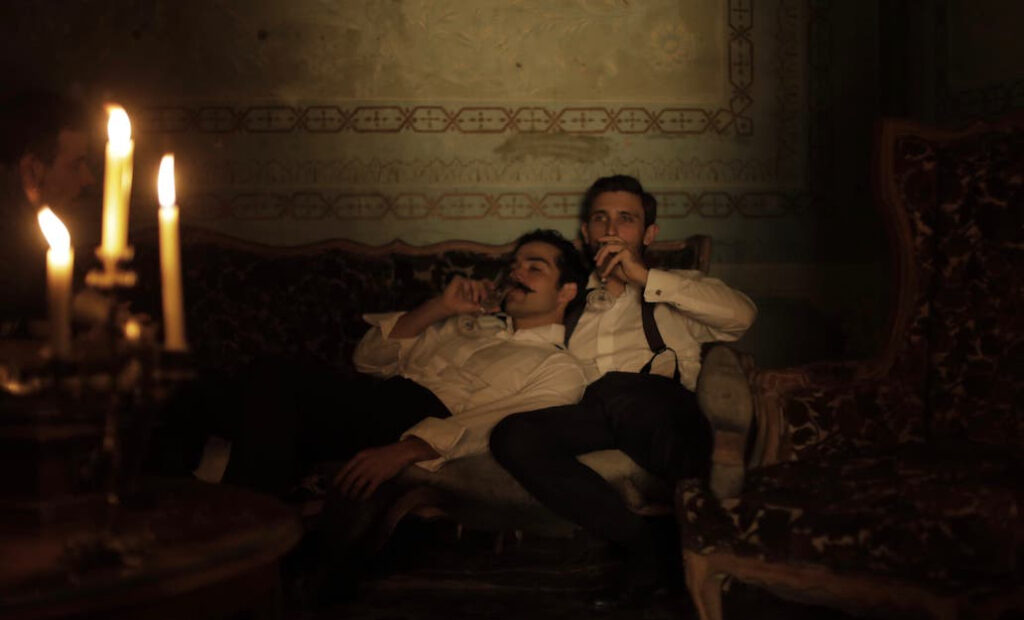
Period dramas are often met with a series of essential expectations that have perhaps limited the genre’s palette over the years. The films about aristocrats and artists of old Europe, in particular, have sought to be nothing but elaborate and proper affairs, with innumerable characters and sweeping locations, and never a runtime that dares fall short of three hours. In Dance of the 41, director David Pablos brings a costume piece that strives to make its point in a swift 90-minutes, aims for a modest production scale, and graphically depicts a once-taboo subject – all of which would have seemed incongruent with the period drama three decades ago.
Basing the narrative on a real-life scandal involving a secret group of gay elitists in early 20th century Mexico, Pablos takes artistic license with the material by adding a dramatic core. Rather than go the more obvious route and focus on the aftermath of the event (a media frenzy that would influence both Mexico and homophobic rhetoric for years after), the story is mostly narrowed down to a fictitious love triangle that is serviceable if disappointingly basic. After politician Ignacio (Alfonso Herrea) marries the Mexican president’s daughter (Amada – played by Mabel Cadena) to further his career, his marriage and profession are put on the line by his affair with lawyer Evaristo (Emiliano Zurita) and their connections to the clandestine, later infamous, group of 41 men.
While this love triangle sometimes descends into monotony, it is ultimately successful because it plays with the viewer’s sympathies. The selfish Ignacio, married out of convenience, constantly and flippantly abandons lonely Amada, and she eventually reacts with vengeful spite. It supplies the finale with a certain futility and bitterness that only a loveless (but unending) marriage can – accentuated by a silent, unsentimental credits sequence.
This final section has a complexity that is lacking elsewhere. Naturally the theme of discrimination plays a role, however, the film is surprisingly thin on depicting such incidents, leaving the story without many stakes or a sense of danger. The director is more interested in exhibiting the men’s hedonism than exploring the group as a refuge from serious persecution. The severe consequences of being gay are only evident during the final set piece, where the prospect of unfair imprisonment, torture and death comes to light. It is effective, but it arrives too late; prior to that, paranoia and despair don’t linger in these men’s lives as much as one would think, given the attitudes of the era, which denies the plot some much-desired conflict and detail.
Ironically Dance of the 41 is a period drama that could have stood to expand its running time. Its curiosity for the world of 1901 and the 40 other titular men – each no doubt carrying their own backstory and anguish – is merely adequate. It’s an admirable, at times artistic and deep film that gifts its home genre some new territory, but at almost every step should have gone a little further.
Ben Aldis
Dance of the 41 is released on Netflix on 12th May 2021.
Watch the trailer for Dance of the 41 here:

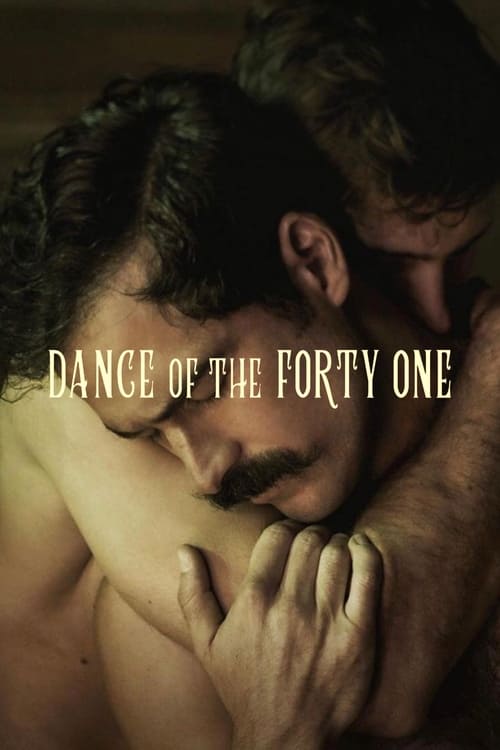



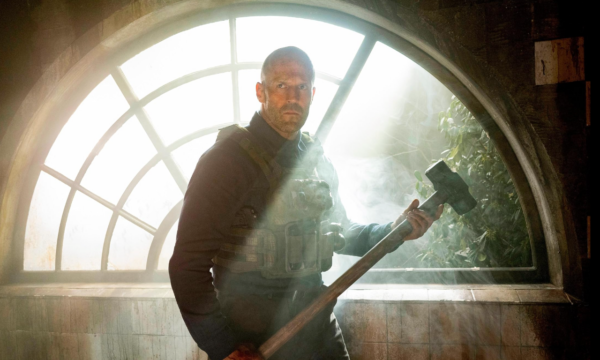
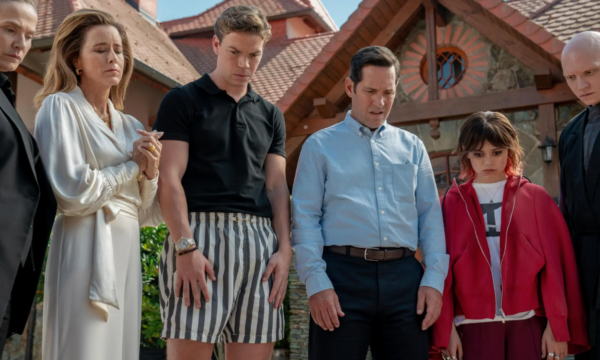


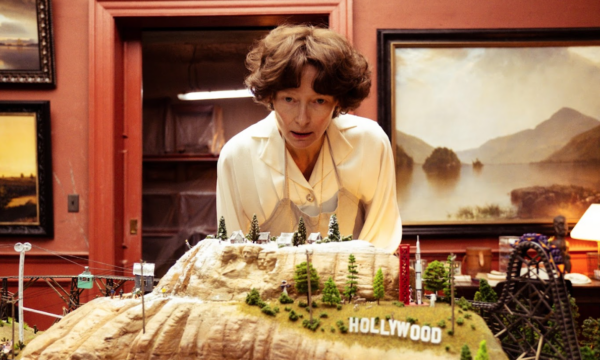








Facebook
Twitter
Instagram
YouTube
RSS